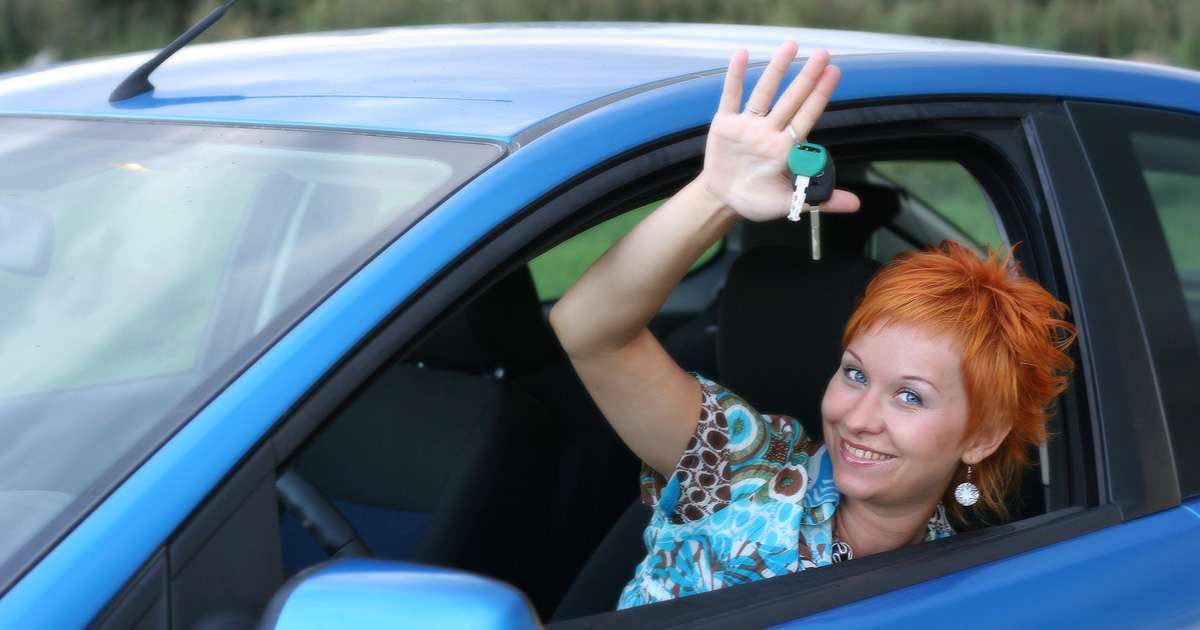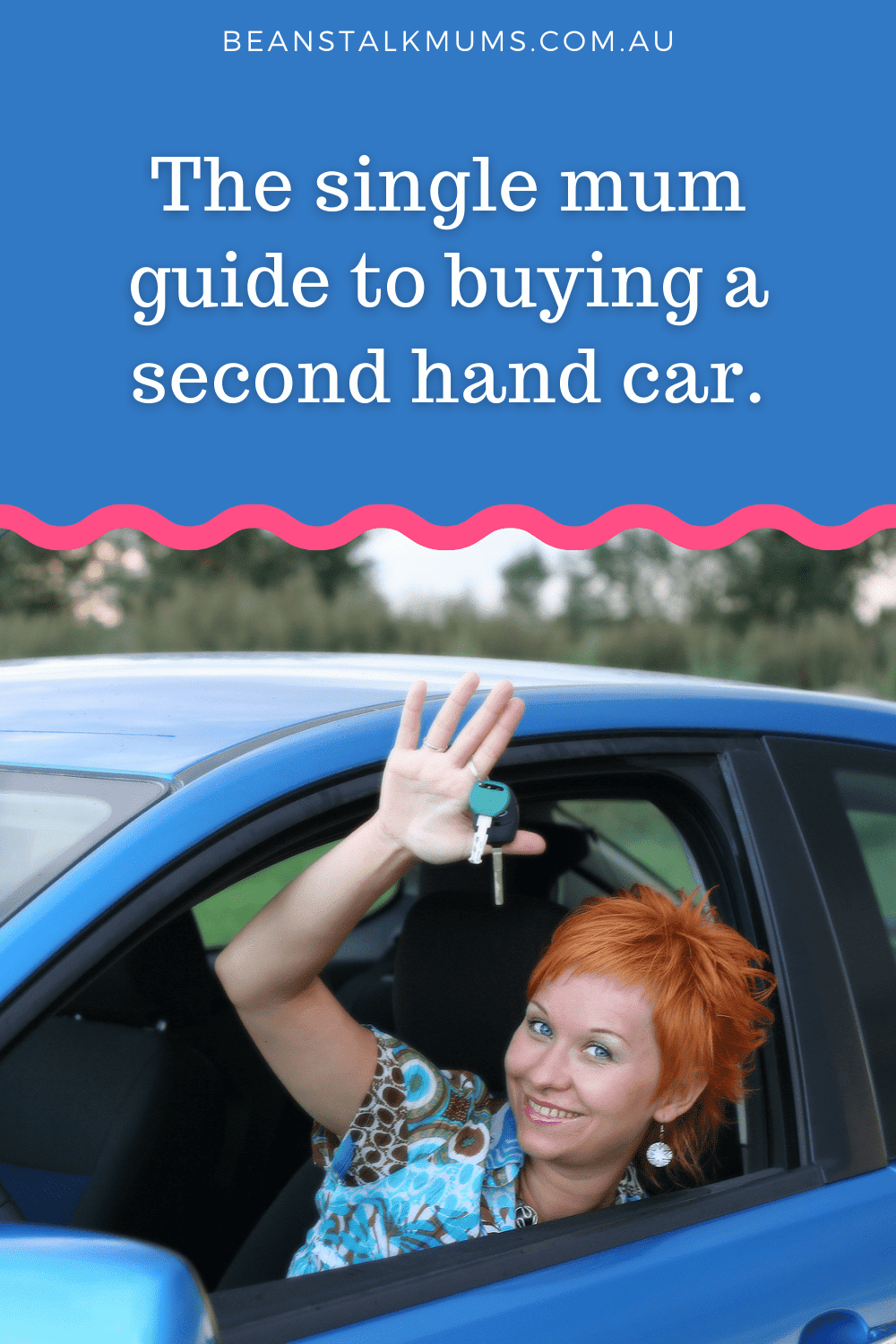
Buying a second hand car can be intimidating, particularly if it is your first rodeo. So, where do you start if you’ve never had to tackle car purchasing by yourself before?
HOW MUCH SHOULD I PAY FOR A SECOND HAND CAR?
Understanding all of the costs involved when you’re buying a second hand car is one of the most important factors to work out what vehicle will be best for your family.
We all work to a budget, and a car can be a significant suck on your finances. The cost doesn’t stop once you’ve completed the purchase – insurance, rego, fuel, servicing, tyres and maintenance will all add up.
Work out what you can afford and then refine a monthly budget. How many kilometres you travel will determine how frequently you’ll need to service your vehicle. A more fuel-efficient vehicle will cost you less to run while a later model vehicle will (typically) cost you less to maintain.
The ASIC Moneysmart website offers some great insight into running costs, and the Moneysmart Cars App available for Apple and Android phone users helps calculate costs as you plan your budget.
Also, think about the cost of the car and whether you need to borrow the money to make the purchase. Speak to National Loans to find out what your options are and the best way forward in your current situation.
SECOND HAND CAR SAFETY FEATURES
When you are buying a second hand car, ideally you want to look for a vehicle with a five-star ANCAP safety rating. This gives assurance that it will perform in the event of an accident. As you refine your short list, check out the ANCAP website for crash test and safety data. The website will let you compare different models so you can see how they stack up.
Other features you may want to look at include car seat configurations. If you are swapping children frequently between vehicles, you may want to look at cars with ISOFIX securing points as they will make car seat fitting easy and safe every time if you have ISOFIX seats.
All vehicles sold in recent years have a raft of features designed to make them safer on the road for you and pedestrians. And if your current car is more than ten years old, there’s a chance you won’t have come across some of these great features.
Reverse cameras are a massive help when it comes to manoeuvring in car parks, but also help you spot stray children, animals and pushchairs and avoid tragic accidents. While autonomous emergency braking will brake your car automatically if it senses an imminent collision, blind spot monitoring will alert you to vehicles in your blind spot. Plus, adaptive cruise control is like cruise control but sets your speed to keep a safe distance from the vehicle in front. Most car manufacturers include good demonstrations of the technology on their websites, or can show you at test drive.
Further reading: Choosing a car seat for your child.
BUYING A SECOND HAND CAR TO BEST SUIT YOUR NEEDS?
Be realistic about the kind of driving you’ll be doing and the work your vehicle will have to do. A sporty red convertible is a great mid-life crisis car, but a two-door vehicle is a pain in the bum when you have to get out of your seat every trip to let the kids in and out.
A small car like a Toyota Corolla or Volkswagen Golf might be an ideal choice if you live in small suburb, but if you’re in the country and frequently called upon to carry about extra children then it won’t serve as the mum-bus you might need.
And a big flashy European SUV might be the styling wheels you want to be seen in at the school gates, but in reality, it is quite possibly going to turn into a money pit with expensive replacement tyres, brakes and other components likely to bite into your budget.
Ask your friends and family what they like about their own vehicle. Is it cheap to maintain and reliable and what features does it have that they like? Is it flexible enough to deliver what they need from a car? And what is it like on fuel? This is all the sensible stuff that needs consideration – you want a car to fit in with you, not one that’s going to be a fuss (or exxy) to maintain.
WHERE SHOULD I LOOK FOR A GOOD SECOND HAND CAR?
Generally-speaking the best second hand car to buy is the newest one you can afford, with the lowest mileage, a good service history and ideally with a warranty.
When buying a second hand car from a car dealer, statutory warranties for second hand cars vary from State to State. Check your State’s consumer affairs or fair-trading site for the specific terms. Older vehicles, vehicles that have travelled over a certain number of kilometres and some commercial vehicles are not always covered by warranties so it pays to check the small print if buying from a dealer.
Some retailers will sell an extended warranty, and these can be a good option if they come at the right price and are affordable for you. Extended warranties do come with strict caveats however.
If a car looks like it is too good to be true, then it most likely is. And unless you have a lot of mechanical knowledge, or a family member with a workshop, then it is best to stay well clear of something that looks like an outright bargain.
SHOULD I BUY PRIVATELY OR FROM A DEALER?
Once you’ve got your budget worked out and a short list of makes and models, it’s time to do some research online. Carsales.com.au is a great place to check out what cars are selling for and what’s available in your area from private sellers and dealers.
If you haven’t yet settled on a brand, then you can start by searching by body type or by lifestyle. Refine your search by selecting budget, year and location and you will start to narrow down a list of options.
Deciding between buying from a private seller or from a dealer will depend a lot on what budget you have available, and your location.
On the plus side, buying privately could get you a car at a better price but there’s no warranty with a private sale, so its buyer beware. But buying a second hand car from a dealer can be confronting so you may want to take a friend or knowledgeable acquaintance to help you make the deal.
DO THESE THREE THINGS BEFORE YOU HAND OVER YOUR CASH!
- Once you’ve settled on a car, make sure to carry out a PPSR check. This will let you know if the car you’re looking at has any finance on it and could also tells you if it has been stolen or if it has been previously written off. Avoid any car with a red flag against it.
- Book the car in with a local mechanic for a pre-purchase inspection. Any reputable seller should be comfortable to let you take the car for an inspection, or to present the car on your behalf to a mechanic for an independent inspection. An inspection will let you know of any safety items that need to be addressed, when tyres or brakes need to be replaced, whether services have been carried out to schedule, what major service items are due and whether there are works that will need to be done in the near future. This check will be over and above a roadworthy inspection as it gives you more advice and insight into the car, rather than just a ‘pass’ or ‘fail’ assessment.
- Sign up with your State’s motoring club for roadside assistance. Unfortunately, there are no guarantees when it comes to second hand cars so having roadside coverage in place will be peace of mind should you break down or have a flat tyre or issue with your battery.

Further reading: Getting a car loan: What you seriously need to know.














